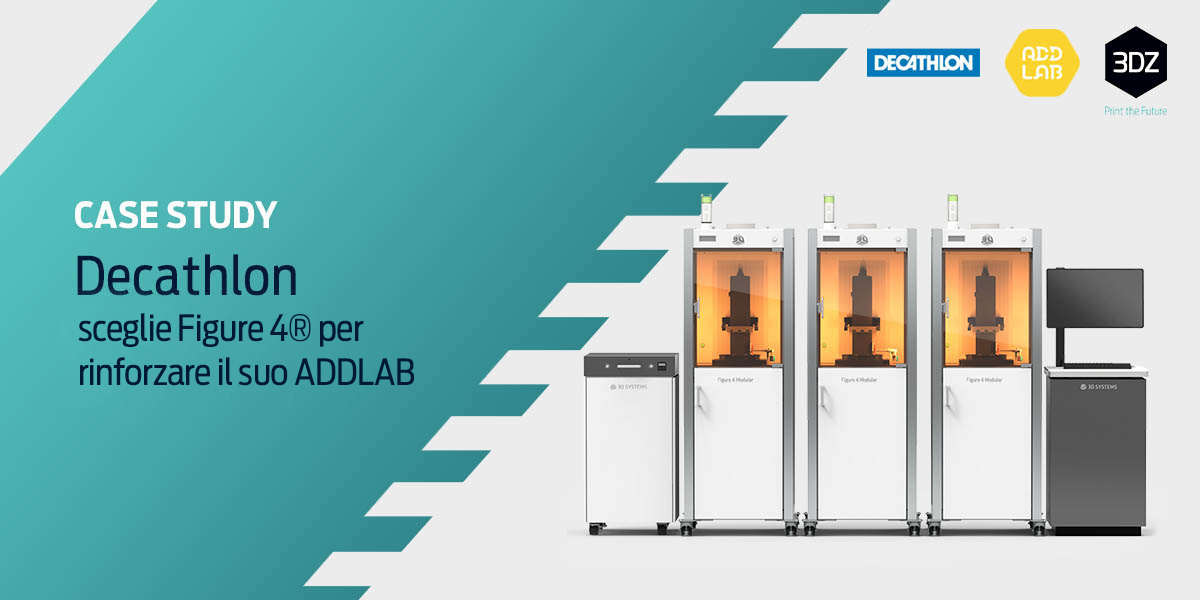Decathlon, synonymous with innovation
Decathlon is a French market leader for the sports sector that groups two activities: the creation of products and their distribution online and in stores. With over 320 points of sale in France and 1600 internationally, DECATHLON and its teams have been working since 1976 with a constant goal: to innovate in all areas to remain the main gaming partner for all sportspeople.
This approach has been consolidated over time, and more precisely in the 90s with the arrival of the first Decathlon own brands. It is in its brands that the company demonstrates its creativity: through design, research and development and technology, with the aim of making sport increasingly accessible to as many people as possible.
A new concept store in which 3D printing is the protagonist
DX, the new concept store by Decathlon, is perfectly in line with the ever-evolving approach of the famous French brand. In this “showroom” shop located on the DECATHLON Campus in Villeneuve d’Ascq, the goal is above all to understand the methods of the future (merchandising, checkout, communication, professions, products …).
And who says exploration, testing, evolution and research, says 3D printing. This is why ADDLAB, DECATHLON’s 3D printing service, is located in the center of the new store. Julien Guillen, Leader Additive Manufacturing at Decathlon, explains in detail the goal of the project, which will soon celebrate its fourth year: “We follow our tools and products along the value chain, from the idea to the end of their life cycle; from the prototype to the after-sales service. We also work on other aspects such as product customization, co-creation, pre-series and small batch production “.
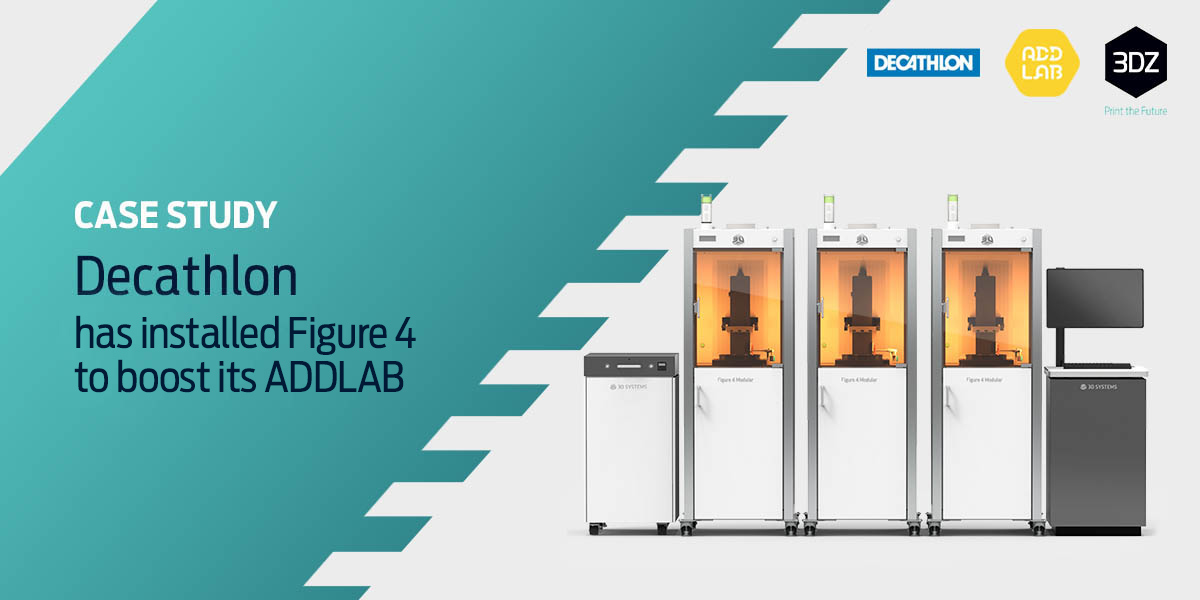
Figure 4 technology occupies a privileged place in Decathlon's ADDLAB
3D Systems’ Figure 4® and its wide choice of functional materials are a fundamental asset of the research and development activities of Decathlon and ADDLAB. Figure 4 is an additive manufacturing technology that uses a non-contact membrane to combine precision, exceptional fidelity and ultra-fast print speeds in a single solution.
According to Grégoire Mercusot, materials engineer at ADDLAB, the use of Figure 4® Modular has given Decathlon an important competitive advantage in terms of speed, precision and versatility. It is in fact a semi-automatic and scalable 3D production system, designed to grow with the required capacity. Consisting of a central controller that can be associated with up to 24 print modules, Figure 4® Modular offers the flexibility to evolve as your business grows.
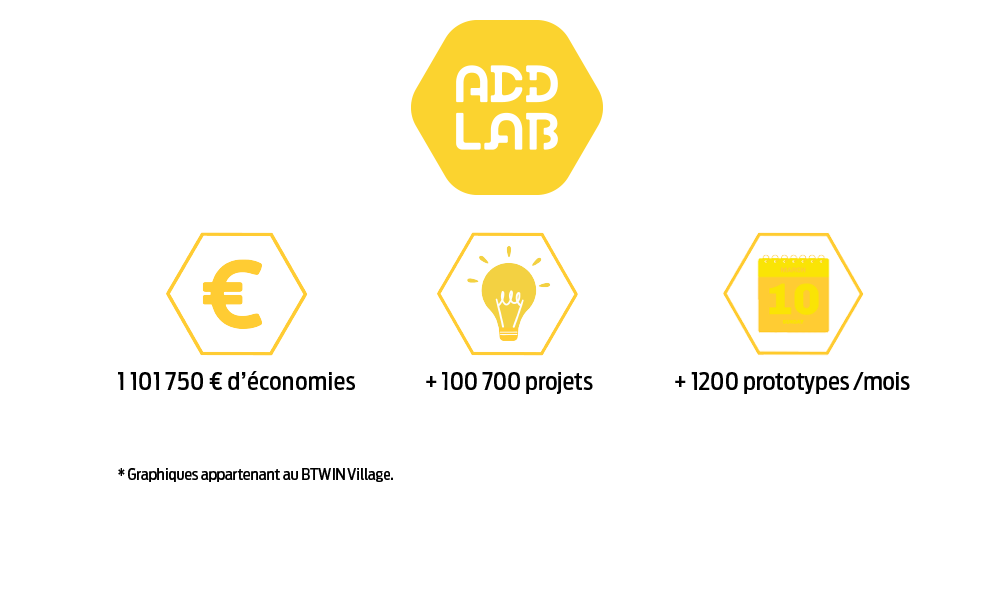
A concrete use case: fishing weights
One of the first successful uses of the Figure 4 system for Decathlon was the making of fishing weights for freshwater carp. The leads are used to project the line and stabilize the hook. The project began when Gautier Destrebecq, a member of the Decathlon team, realized that the competition was only offering one model. Wanting to diversify the offer, he has developed several models. However, the usual Decathlon mold supplier was unable to supply the master models, so Decathlon would have to find another method of procuring them.
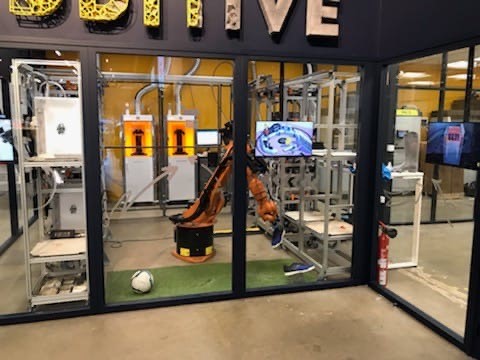
Before Decathlon had supplied the Figure 4 Modular, it would have had to turn to a second supplier for the production of the molds of the master models. The usual Decathlon time for this type of project is one month. Instead of following this path, Gautier turned to the Decathlon ADDLAB. He wanted to see if there was a faster way to get solid parts that could withstand the mold making process. These parts should have retained shape and detail at a temperature of 160˚C at a pressure of 180 bar. After testing various options, the required performance was achieved with 3D Systems’ Figure 4® HI TEMP 300-AMB material. It is a transparent and rigid plastic designed to withstand environments with very high temperatures.
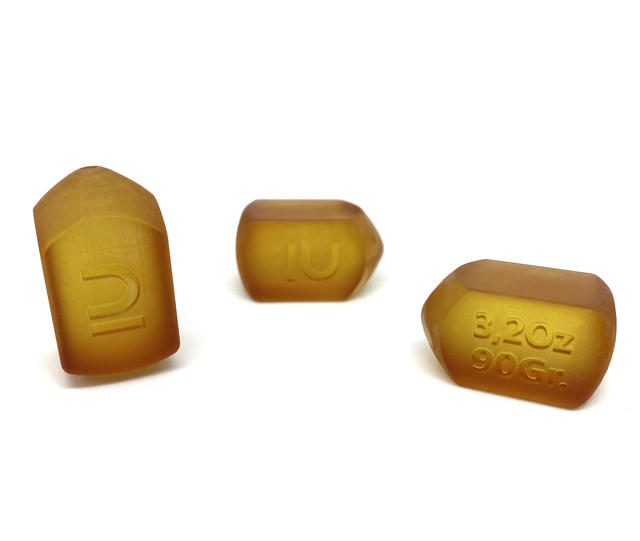
Time saving, cost reduction
With a reliable material available, ADDLAB 3D printed fishing leads. They sent them to the mold supplier within two days so that he could proceed with the making of the molds. Beyond the considerable time savings that this process has allowed to obtain, the in-house creation of the mold models has allowed Decathlon to reduce the additional costs associated with product development and to accelerate the time to market. According to Destrebecq, “This is the magic of in-house 3D printing. I am less stressed in my design work and I can reach unachievable goals with a traditional approach “.



